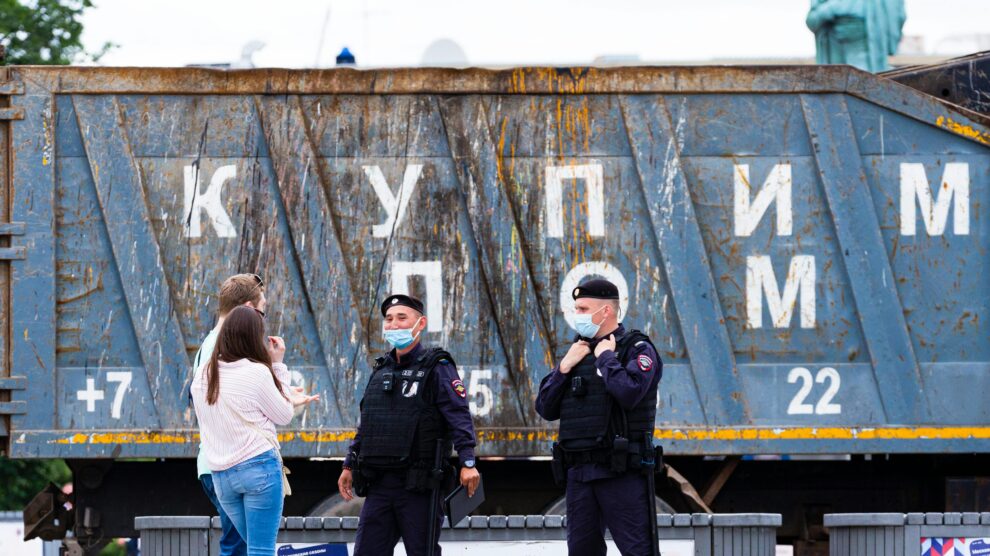By their very nature, current peacekeeping efforts often focus on short-term stabilization rather than addressing the root causes of conflict, leading to cycles of violence and instability.
DRC: The UN mission in the DRC has been criticized for its narrow focus on short-term stabilization rather than addressing the underlying causes of the conflict, such as governance issues, economic inequality, and resource competition. As a result, armed groups continue to operate with impunity, and violence persists despite the presence of peacekeepers.
Afghanistan: The international community’s focus on military intervention in Afghanistan, rather than addressing the root causes of the conflict, such as governance, corruption, and economic development, has contributed to the ongoing instability in the country. Despite years of peacekeeping efforts, the Taliban regained control of the country in 2021, highlighting the limitations of the current approach.
These examples demonstrate the need for a peacekeeping authority that prioritizes long-term solutions, such as governance reform, economic development, and reconciliation, to address the root causes of conflict and prevent recurrence.
7. Public and Expert Criticism
It is little wonder that the limitations of the current peacekeeping system have been widely criticized by experts, civil society organizations, and the public.
Expert Reports: Numerous reports by think tanks and research institutions have highlighted the inefficiencies of the current system. For example, a 2015 report by the International Peace Institute (IPI) found that UN peacekeeping missions often lack the necessary resources, mandates, and political support to be effective. The report called for reforms to address these shortcomings and improve the overall effectiveness of peacekeeping efforts.
Civil Society Advocacy: NGOs and advocacy groups, such as Human Rights Watch and the International Crisis Group, have consistently called for reforms to the current peacekeeping system. These organizations have emphasized the need for greater accountability, stronger mandates, and more robust enforcement mechanisms to protect civilians and address the root causes of conflict.
Public Opinion: Surveys indicate widespread public support for stronger international mechanisms to address conflicts. A 2020 Pew Research poll found that 74% of respondents across 14 countries believed the UN should play a more active role in conflict resolution. This public support underscores the need for a more effective and independent peacekeeping authority.
The ineffectiveness of current peacekeeping structures is evident in the repeated failures to prevent and resolve conflicts, protect civilians, and address the root causes of violence. The limitations of the UN Security Council, restrictive mandates, lack of accountability, fragmentation, delayed deployment, and inadequate focus on root causes have all contributed to the system’s shortcomings. These failures have resulted in prolonged conflicts, widespread human suffering, and significant economic costs.
Read more in the book, The Global Peace Alliance

